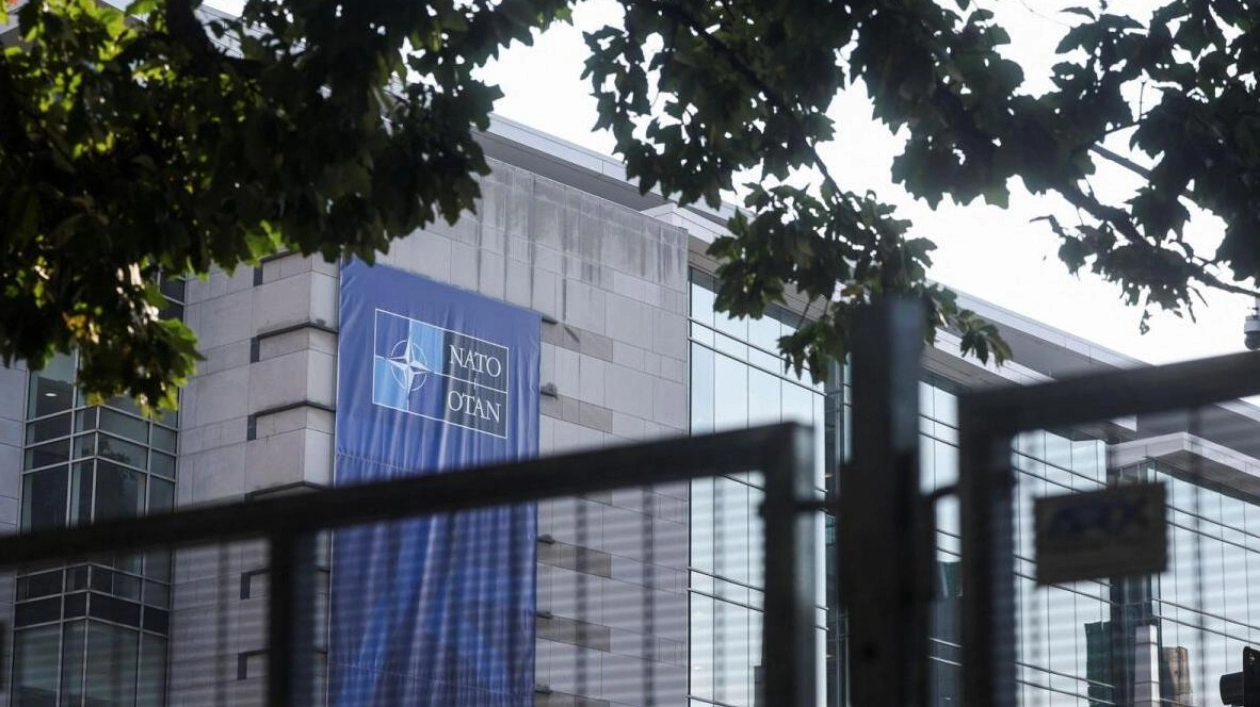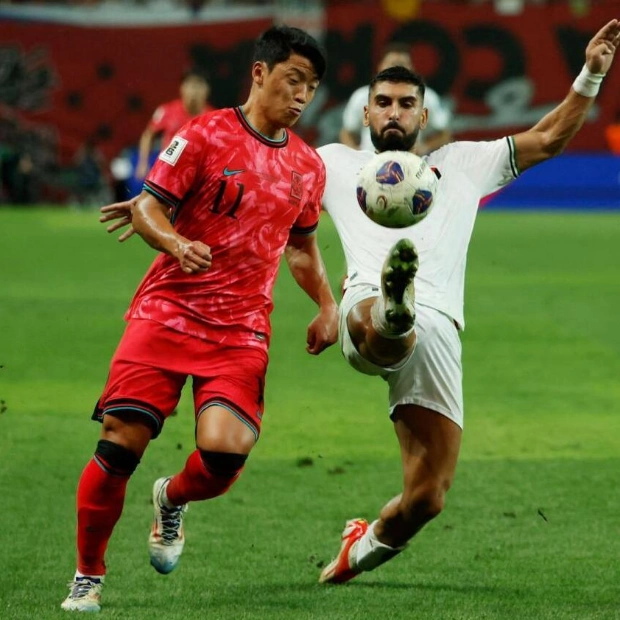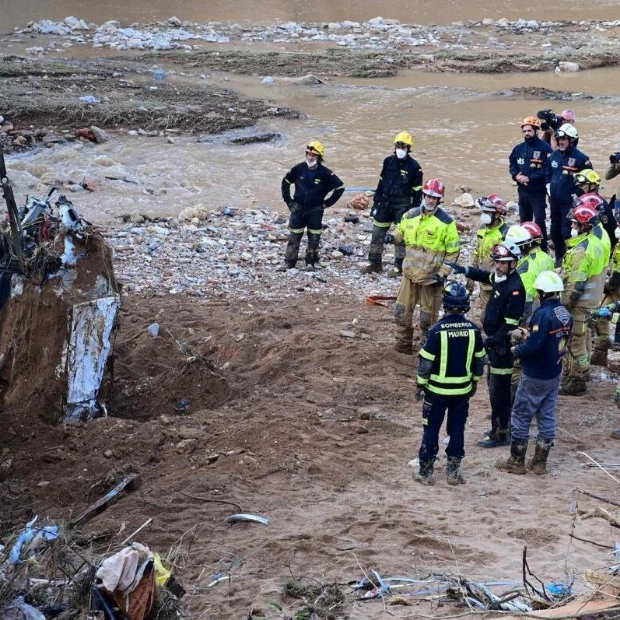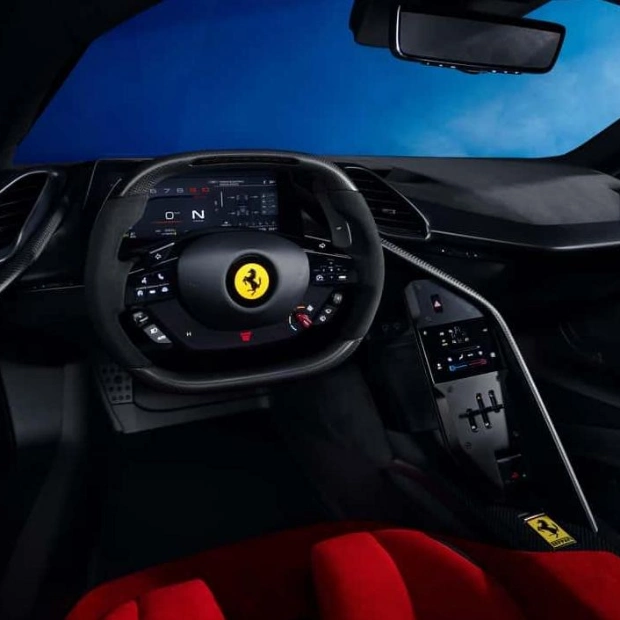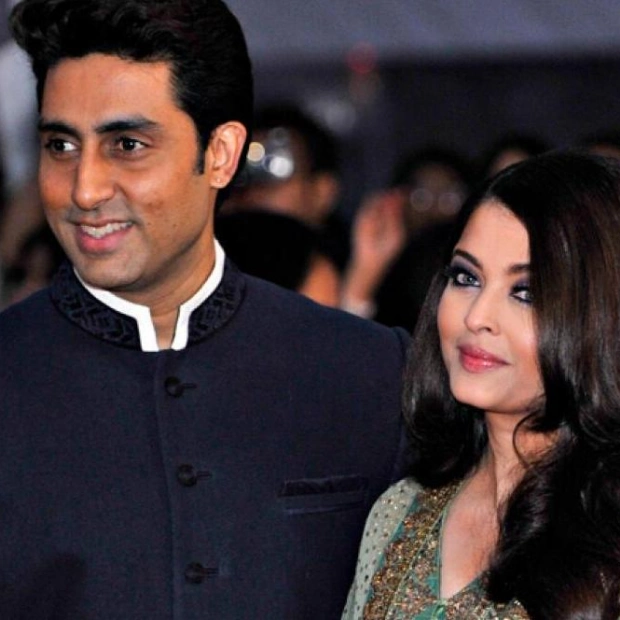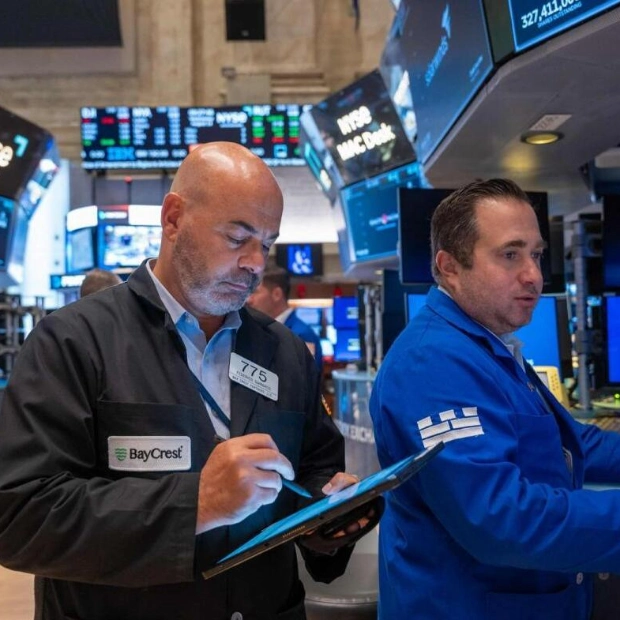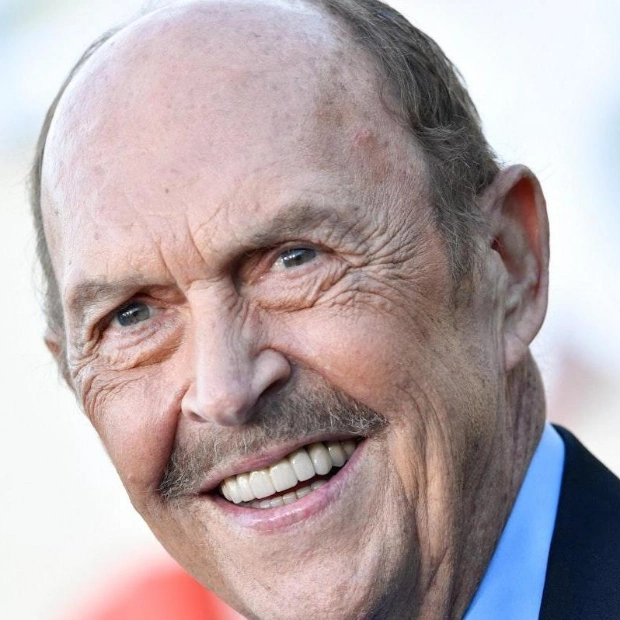This week, leaders from NATO's 32 member nations convene in Washington for a summit of the transatlantic security alliance, with additional military and financial backing for Ukraine topping the agenda. However, much of the spotlight will be on US President Joe Biden, as some within his own Democratic Party urge him to abandon his bid for a second term. This follows Biden's lackluster performance in a debate last month against his rival in the November 5 presidential election, former Republican President Donald Trump. The election's outcome could significantly alter Washington's foreign policy. Key figures to watch at the North Atlantic Treaty Organization's meeting this week include:
Joe Biden — The US president faces a pivotal week as he attempts to bolster an election campaign that has been on the defensive since a shaky debate on June 27 against Trump, which raised doubts about Biden's capability to govern for another 4-1/2 years. At 81, Biden will engage in talks with British Prime Minister Keir Starmer and Ukrainian President Volodymyr Zelensky, among others, amid mounting pressure from US congressional Democrats urging him to withdraw his re-election bid.
Volodymyr Zelensky — The Ukrainian president aims to garner more support to counter Russia's aggression and is likely to advocate for a faster route to NATO membership than the alliance has currently offered.
Keir Starmer — The newly elected British prime minister will embark on his first international trip after leading the Labour Party to a decisive victory in Britain's parliamentary election last week. Starmer has committed to upholding the previous Conservative government's stance on Ukraine by continuing to support Kyiv in its conflict with Russia.
Emmanuel Macron — The French president arrives in Washington shortly after suffering a significant loss of political influence in a snap election. The decision to hold the election took both Macron's close allies and opponents by surprise, with some within his own camp criticizing the move as imprudent. Following the second round of voting on Sunday, France is now faced with a tumultuous and divided parliament.
Viktor Orban — The Hungarian prime minister, known for his criticism of Western military aid to Ukraine and his warm relations with both Russia and China, will be in Washington following a surprise trip to Beijing on Monday to discuss a potential peace agreement in Ukraine. Hungary recently assumed the six-month rotating presidency of the European Union, and Orban has since visited both Zelensky and Russian President Vladimir Putin. His trip to Russia drew criticism from other European leaders, who argued that he lacked the EU mandate to negotiate a ceasefire in Ukraine.
Ulf Kristersson — The Swedish prime minister will represent his country at its inaugural NATO summit since joining the alliance in March. Prior to his departure, Kristersson affirmed Sweden's full support for the notion that Ukraine's future should be within NATO.
Yoon Suk Yeol — The South Korean president, who has advocated for stronger security partnerships with Europe and other US allies to counter North Korea's nuclear and missile threats, plans to discuss the threat posed by Pyongyang to Europe through enhanced military ties with Russia.
Justin Trudeau — The Canadian prime minister, facing pressure as his Liberal government lags behind the main opposition party in polls, may encounter renewed scrutiny over Ottawa's defense spending, which falls short of the 2% of gross domestic product agreed upon by NATO allies. In a recent policy update, the Trudeau government committed to increasing military spending from 1.4% of GDP to 1.76% by 2030.
